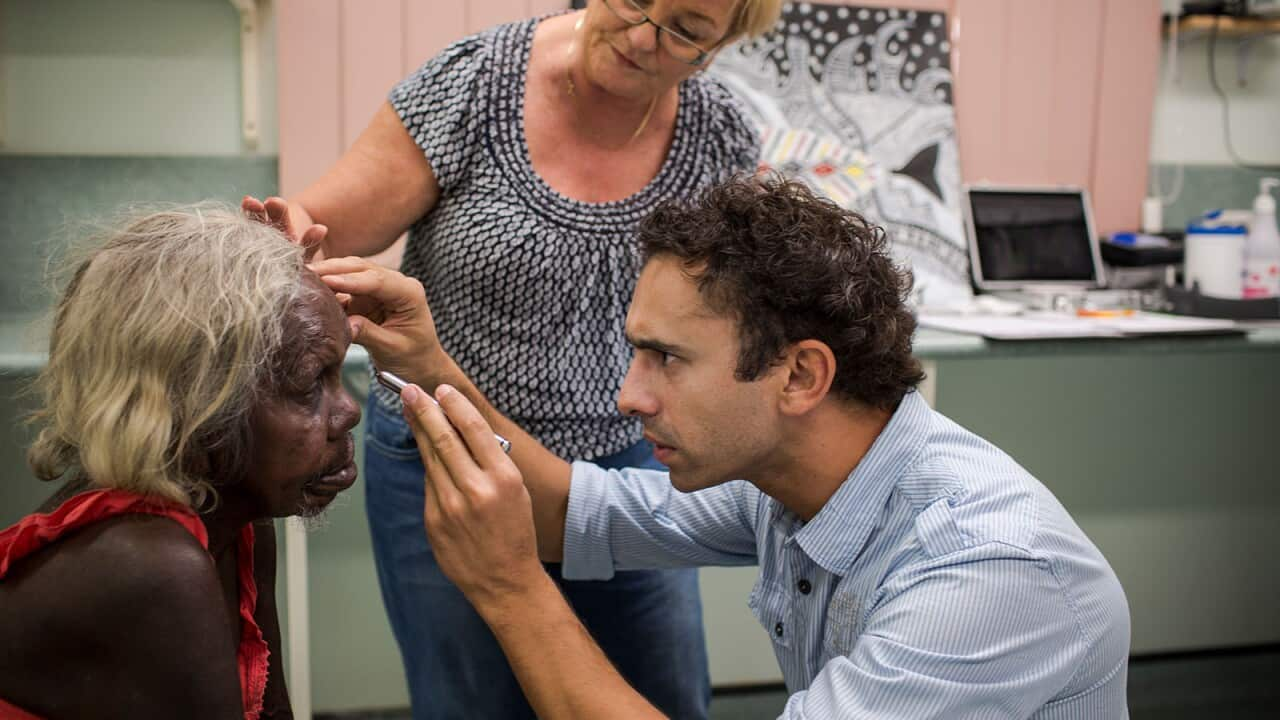There is a sense of destiny around Banok Rind's work as a nurse, as she understands, it is a role she has been chosen to play in the community.
"Everyone in the community has their responsibilities and in my head, I've accepted that this is the role I am going to play, this is what my path has brought me to," Ms Rind told NITV News on International Nurses Day.
"As an Aboriginal woman I saw a lot of nurturers and carers in my family and in my community, so the concept of nursing itself wasn't strange to me.
"Working as an Aboriginal nurse you carry your values and your culture in a lot of places you work, if you know a lot about your culture and who you are."
About a year ago Ms Rind said she pulled back on working as a nurse full-time, citing issues of disrespect and racism from other nurses and even patients.
"I didn't want to put myself in a situation where I wasn't comfortable and put my mental health at risk.
"It would make it hard to do my work with genuine care if I'm not well."
Currently, Ms Rind works as a casual in Melbourne and since the coronavirus outbreak has moved to work online due to her own respiratory issues putting her in the high-risk category if she were to come into contact with the virus.
Ms Rind said she consults with patients mainly over the government's Telehealth initiative, but she believes the pandemic has given a chance for the broader community to see the kind of intersectional work nurses do
"Some times on a shift you'll be doing the work of a social worker, your own work and even the work of a doctor and a number of other little jobs," she said.










